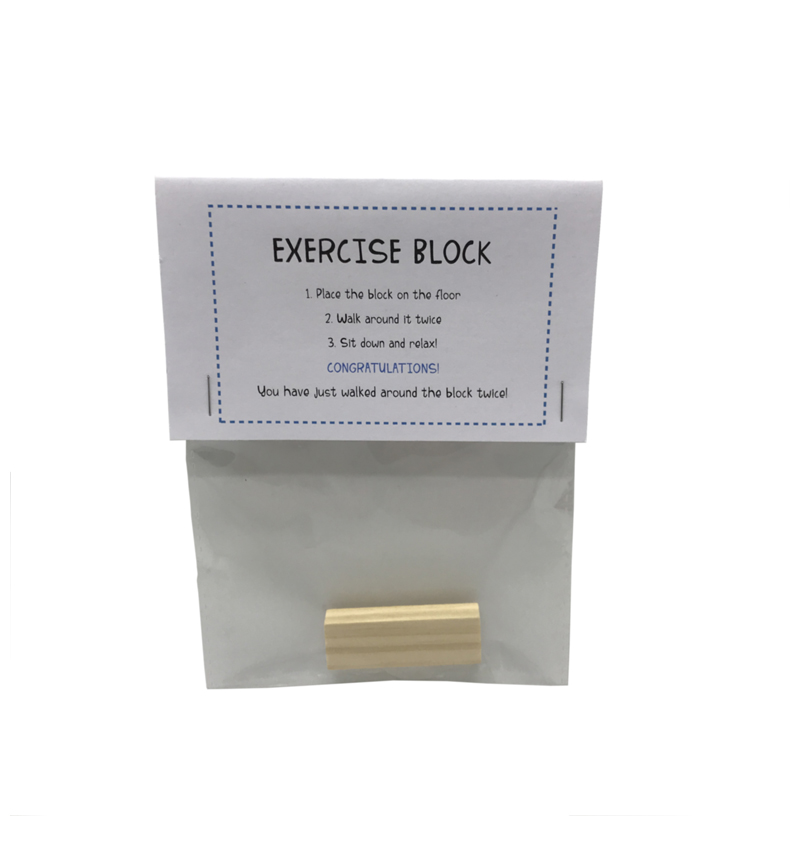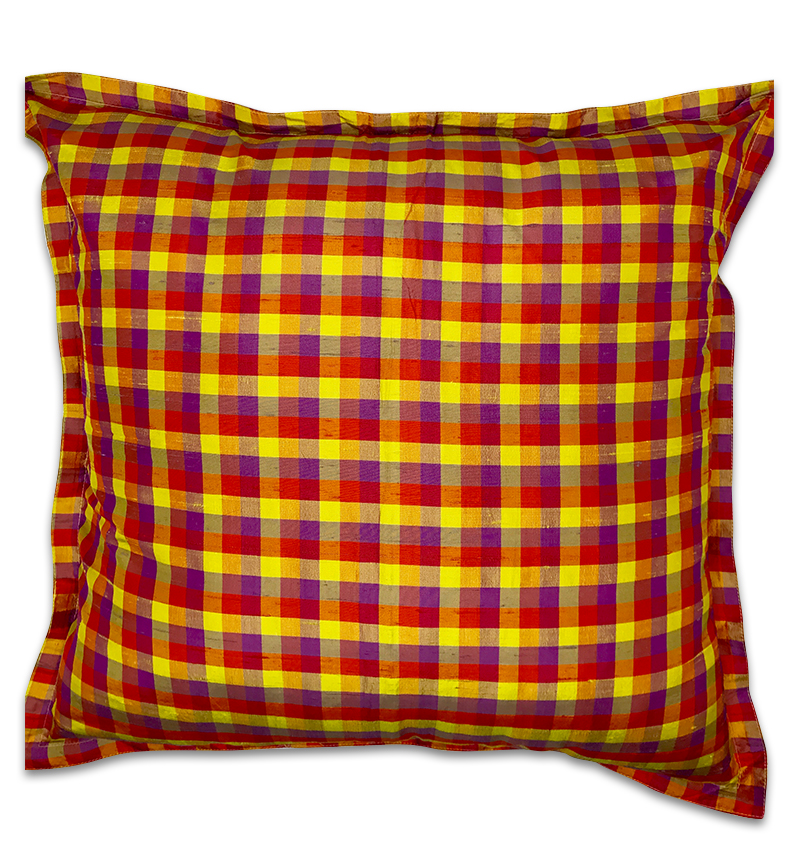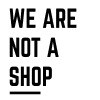“Everything in moderation”, so the saying goes. There’s good and bad to everything in life. Rather than giving into extremes by either overindulging or completely abstaining, finding a comfortable middle ground can be incredibly beneficial. In this case, we’re referring to technology, specifically the internet.
No one can deny the advantages of the internet. Ever since its advent, it’s blossomed into a meeting place for like-minded individuals, a place where one can share their creativity, perhaps even making a living off of it, and share love and support to individuals halfway around the world.
But as with anything else, things can easily go overboard if you’re not careful. Studies have shown that spending long periods of time without disconnecting from immersive technology can have many negative side-effects, both physically and mentally.
Here are some reasons why you should occasionally give the internet a break, as well as ways of implementing these methods seamlessly into your life.
SAFEGUARD YOUR MENTAL HEALTH
Unsurprisingly, studies have shown that people who are addicted to the internet, and social media more specifically, have a greater tendency to succumb to feelings of depression and loneliness. This occurs due to a very human habit of comparing ourselves to others. Indeed, the grass will always look greener on the other side.
Comparisons are odious and often the thief of joy. Looking at someone else’s life through a curated image or video will undoubtedly have negative effects – you’ll feel dissatisfied with your seemingly ordinary life and achievements. But that’s the unfortunate nature of social media, and why we should strive even more to be on our guard. Take our advice: the grass is greenest in the areas you water most.


MOVE YOUR BODY
Considering most of us already lead mostly sedentary lifestyles, barely ever getting up to stretch, the tragedy is that we spend what little free time we have doing exactly the same thing in exactly the same position. If you’re not checking your e-mails, you’re playing video games, scrolling through social media accounts, texting friends, or watching television. Dehydration, blurred vision, and headaches are among the few of many physical side-effects to not taking regular breaks from your work station. Occasionally, get up from that worn-out chair, get out of the house, and go for a walk.


TAKE BACK CONTROL
The feeling of being constantly “connected” can be immensely stressful to our minds and bodies. The average human will spend at least 11 hours of their day consuming information through technology. While we can learn a lot from the internet, it can also be comforting to take a break from it all. The key is setting boundaries and allowing technology to work for you rather than let it control your life.
Even though it hasn’t been officially identified as a legitimate addiction, there are a few tell-tale signs to know if you’re too attached to your device. Are you constantly checking it whenever a notification comes through? Do you find that you’re less productive than you used to be? When was the last time you spent time outdoors or had a real-life, face-to-face conversation? Do you feel you’re unsatisfied with your job? Does your night-time sleep do nothing for your daytime lethargy? If you ticked off more than one of these symptoms, then you’re probably addicted to some form of media device.
All of this stems from what has now been labelled as the “Fear of Missing Out”, or “FOMO”. Marketing experts know how to grab your attention, making you feel anxious about missing out on something. What’s more, today’s society consumes far more information in a few hours than those from 100 years ago consumed in a year. No wonder we’re stressed!


CREATE NO-TECH ZONES
Withdrawal is a real thing, regardless of the cause. You can make self-discipline easier by designating certain rooms as those in which you do use technology, and those in which you don’t. For example, your bedroom should be the one place in the house that has limited internet or technology usage.
If you’re not ready to stop all social media swiping after dark, try turning off the television or tablet about an hour before bedtime. You’ll most likely get a better night’s sleep without modern technology’s lights still blinking through your mind before you go to sleep. Perhaps you’ll also start finding yourself getting sleepier earlier, as your natural body clock recalibrates itself according to daylight.
If you really need to consume something before bedtime, opt for a book or magazine. Apparently, our minds are more efficient at sorting through information when read from physical paper!


REMOVE DISTRACTIONS
To prevent getting overwhelmed, it’s important to place a fine line between your work life and your personal life, a border that has unfortunately deteriorated over time. Leave your professional life where it belongs, though admittedly this would require even more self-discipline if you work remotely. The issue is that most of us remain in a work mind-frame after we’ve clocked out, leading to feelings of stress and of being overworked.
Studies have shown that even the mere presence of a mobile phone when you’re in the company of others, even one that you’re not currently using, can lower our ability to empathise with other persons. This has been dubbed the ‘iPhone effect’.
After work, take a break from the digital world, leaving only 30 minutes of the day to check personal connections, and limited to just one screen format. Eat your meals in peace and quiet, or else with nothing but the voice of a loved one to keep you company. If you can afford to, turn off any notifications on your phone, or delete your social media apps altogether. Once you start to discard the internet’s artificial goals, you might find yourself developing sharper focus, being liberated of any and all toxic behaviours and feelings of isolation.
Remember that it’s never great to quit something cold turkey! Be realistic with your detox goals by setting gradual limits to your tech usage. Eventually, you’ll have built up enough resilience to try out Cal Newport’s 30-day cleanse as suggested in his hit book, Digital Minimalism (2019).


How will you be tackling your own digital detox? Are there any particular activities you enjoy that don’t involve a WiFi connection? Let us know in the comments below!
SO WHAT NOW?
Now that you’re no longer a slave to social media, you’re free to get back to your journey of self-discovery and figure out who you really are without all those distractions. Restart that hobby you always meant to pick up again but couldn’t because of work obligations. Use this new free time to start working out more and feel refreshed throughout the day. Spend time with people you love and have an actual, face-to-face conversation with them without the temptation of a notification on the side. Or else…just unwind! Nothing says ‘freedom’ like being able to do absolutely nothing, especially in today’s society that can make us feel guilty for not working at or achieving something.





